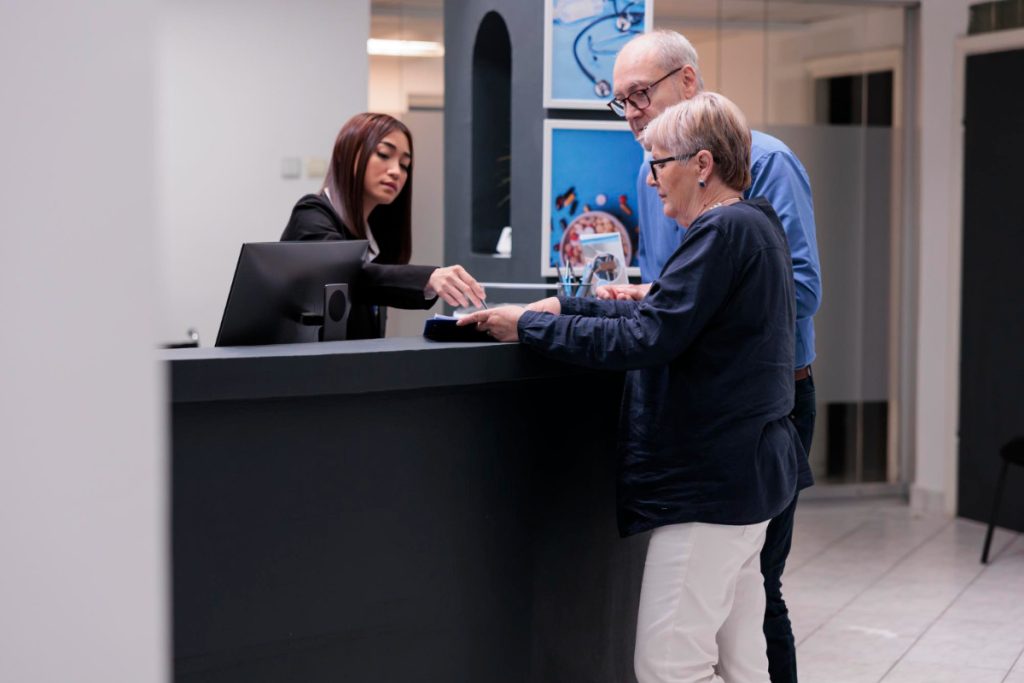Streamlining Government Services in Dubai: How Transaction Centers Reduce Visitor Traffic

In the bustling metropolis of Dubai, where the pace of life seems to accelerate each day, efficiency is not just a buzzword; it’s a way of life. This commitment to efficiency extends to the very heart of the city’s operations—the government. Dubai’s forward-thinking government has introduced a revolutionary approach to public services by establishing government transaction centers. These centers have not only modernized the way citizens interact with the government but also significantly reduced the number of visitors to government departments. In this blog post, we’ll delve into how these transaction centers are reshaping Dubai’s administrative landscape.
- Centralized Services:
Government transaction centers serve as one-stop shops for a wide range of services, from visa applications to renewing licenses and paying fines. By consolidating these services under one roof, Dubai has minimized the need for citizens to visit multiple government departments scattered across the city. This centralization has streamlined processes, eliminated redundancy, and reduced the foot traffic at individual government offices. - Digital Transformation:
Dubai’s government has invested heavily in digital infrastructure. Citizens can access most government services online through user-friendly portals. Transaction centers play a pivotal role in promoting this digital transformation by assisting visitors in navigating these online platforms. Citizens can seek guidance, resolve issues, and complete transactions with ease, reducing the need for physical visits to government offices. - Appointment-Based Systems:
One of the most significant innovations introduced by government transaction centers is the appointment-based system. Instead of waiting in long queues, citizens can schedule appointments for their specific service needs. This approach ensures that government offices can manage their workflows efficiently, reducing overcrowding and wait times for visitors. - Enhanced Customer Experience:
Dubai’s government transaction centers prioritize customer satisfaction. They provide a welcoming and comfortable environment, complete with knowledgeable staff who are trained to address citizens’ needs. This enhanced customer experience not only reduces stress for visitors but also encourages them to use these centers as their primary point of contact with the government. - Improved Data Management:
Transaction centers play a crucial role in data management. They help digitize and store citizens’ information securely. This streamlined data management system ensures that government departments have accurate and up-to-date information at their disposal, reducing the need for citizens to repeatedly provide the same data when availing different services. - Reduction in Administrative Overheads:
By reducing the number of visitors to government departments, transaction centers contribute to significant cost savings. Fewer physical visitors mean less strain on administrative resources, including office space, staff, and infrastructure. These cost savings can be reinvested into further enhancing government services.
Conclusion
Dubai’s government transaction centers are revolutionizing the way citizens interact with the government. By centralizing services, embracing digital transformation, introducing appointment-based systems, enhancing customer experience, and improving data management, these centers have successfully reduced visitor traffic to government departments. As a result, citizens experience more efficient, convenient, and less time-consuming interactions with the government. This innovative approach not only reflects Dubai’s commitment to excellence but also serves as a model for modern governance worldwide.

Get in Touch